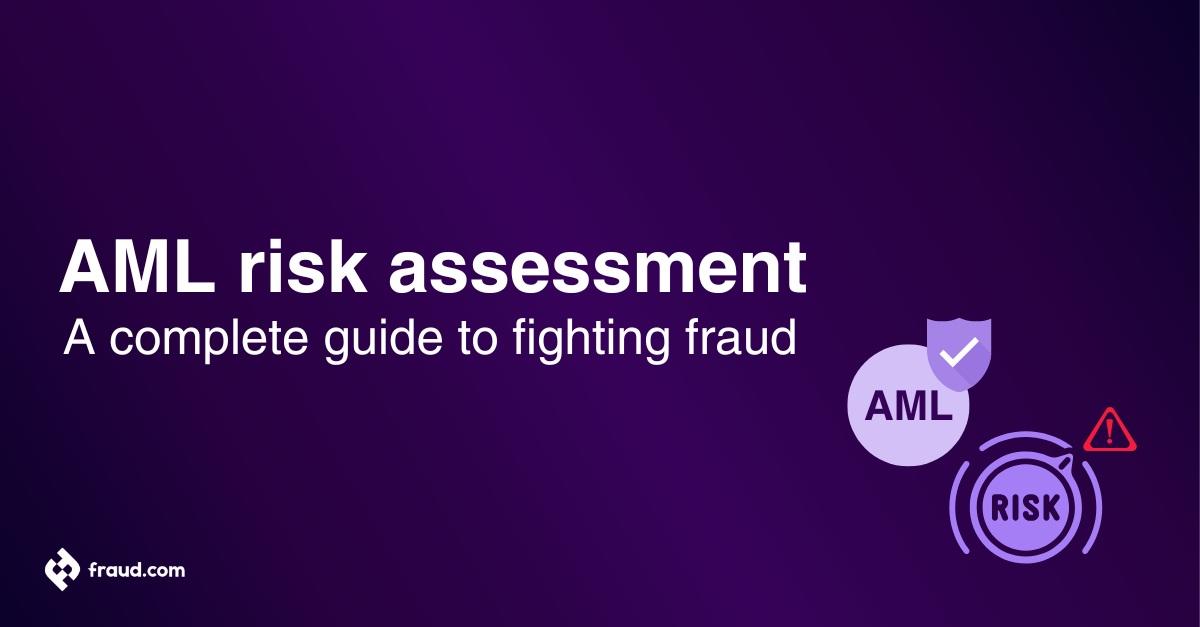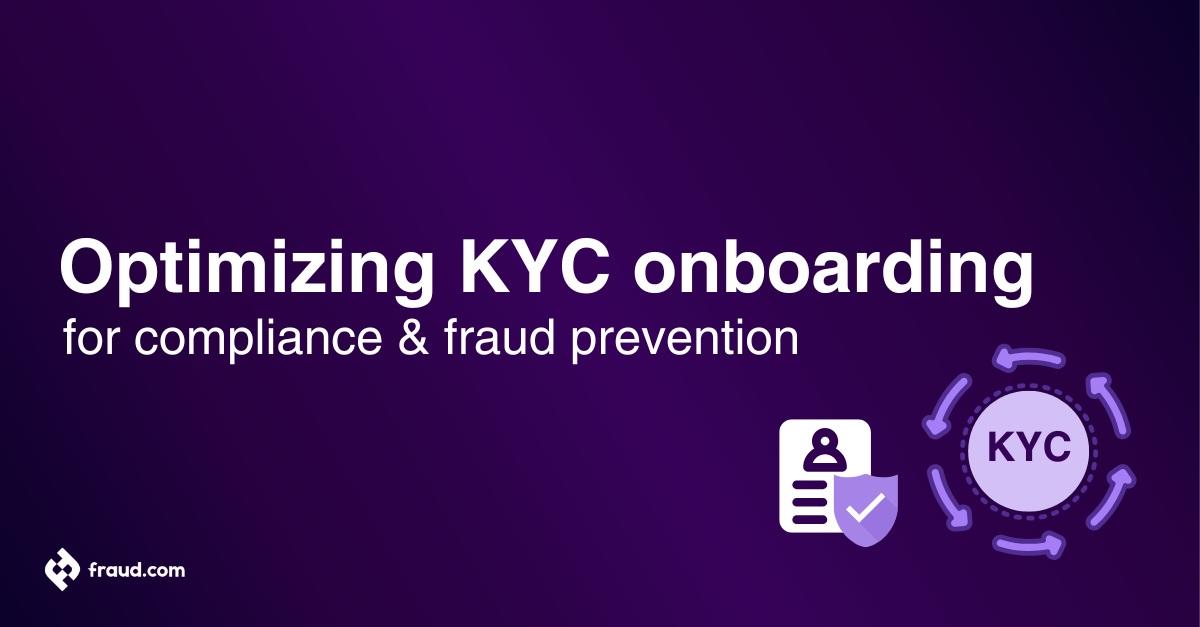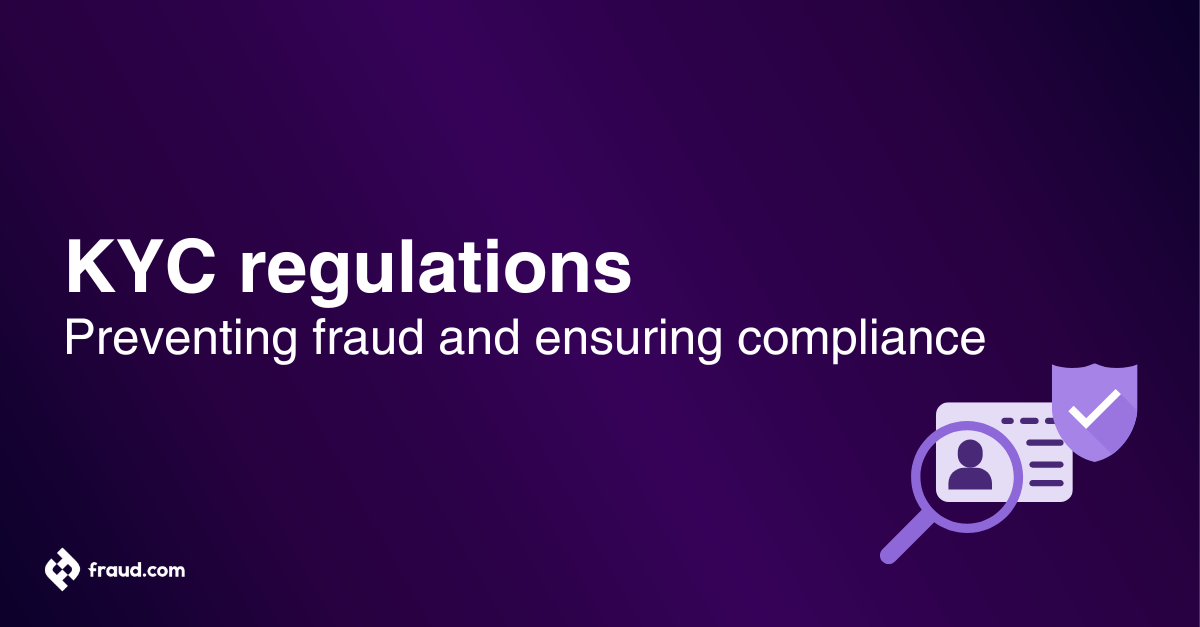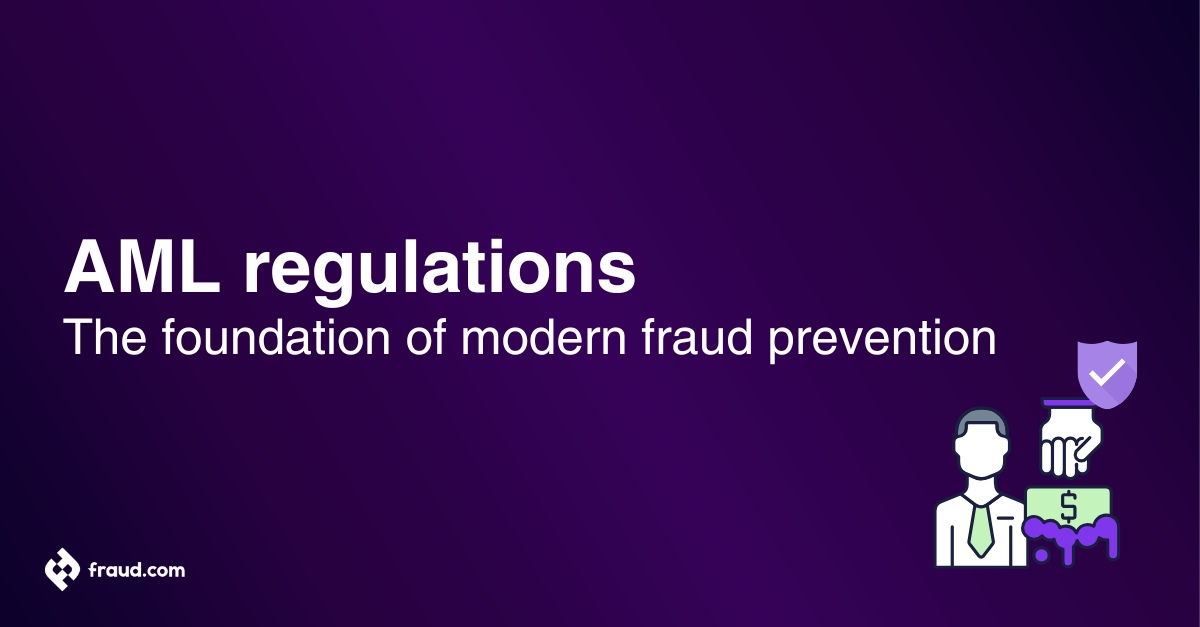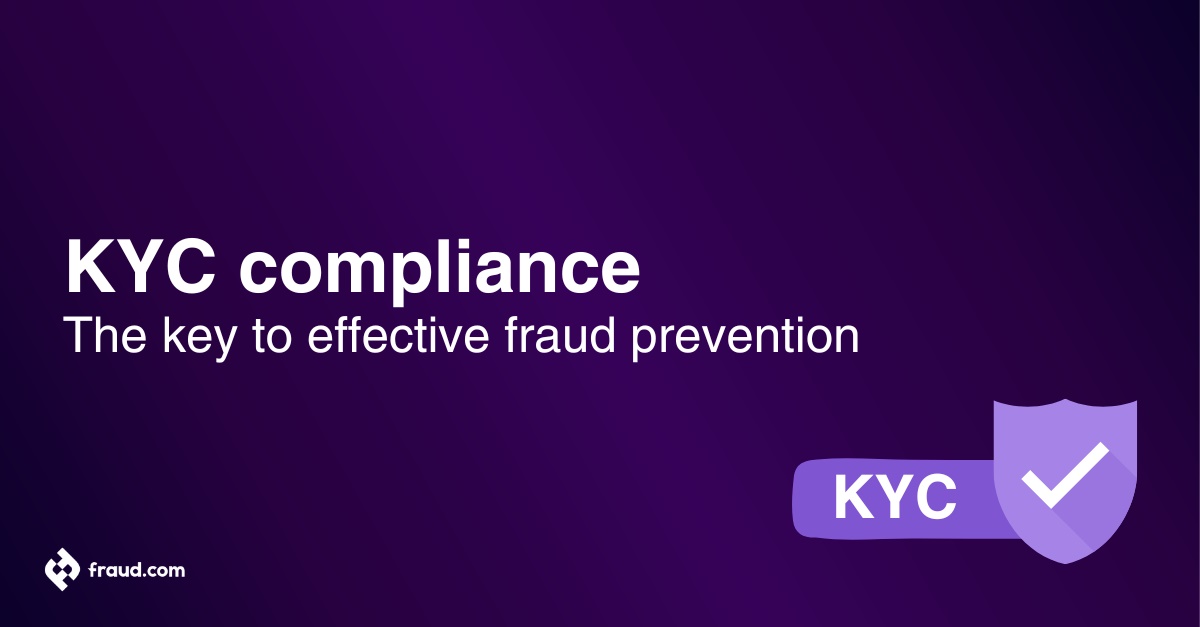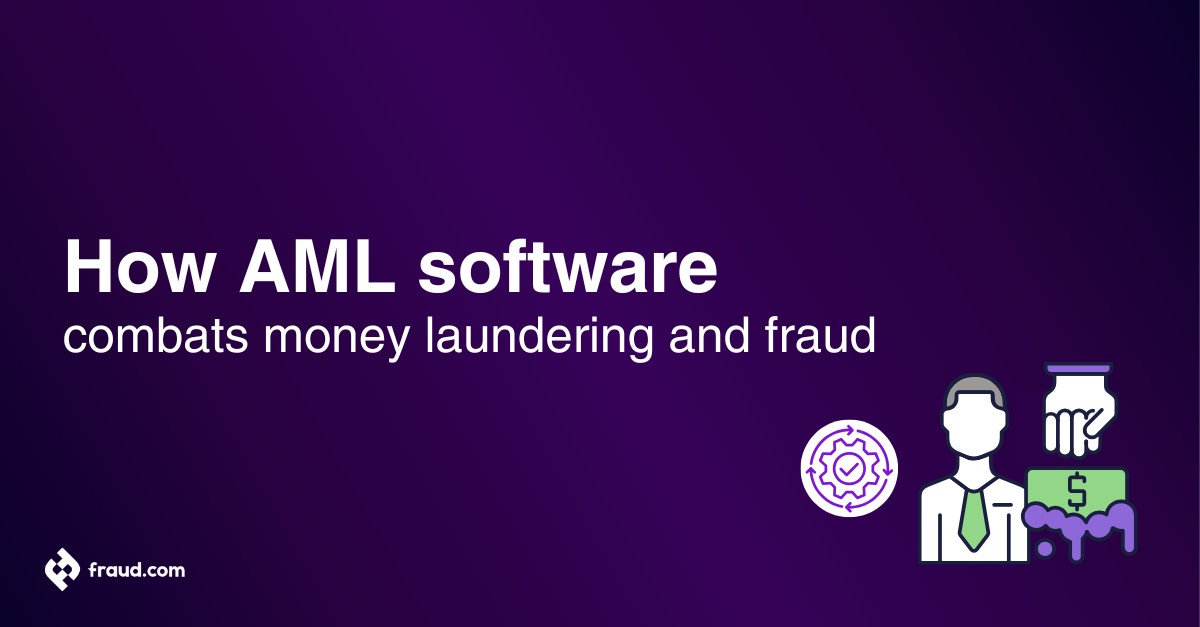The banking industry is facing an intense problem of fraud for many years and the fraud landscape has never been more complex for banks. Some spend millions to combat scams. Still, most don’t fully acknowledge the ability of their resolutions to distinguish between legitimate and fraudulent transactions. Some of the common resolutions used are the fraud mitigation solutions, automated flagging systems, and implementation of manual reviews.
Here are some key factors that determine the success of fraud operations management in banking.
Table of Contents
ToggleFraud Controlling
Fraud management policies needs to be entrenched into banks body through a governance model, defining responsibilities, performance & quality requirements. This helps defined policies to be followed and to convey the right instructions for the success of fraud operations management.
While controlling fraud, banks also need to implement modern technology and stay ahead on the latest fraud trends. They should also comply with new regulations dictated by the governing bodies such as PSD2 / Open Banking in EU.
Fraud Risk Assessment
Fraud can either be external or internal, especially in banking. Fraud risk assessment should identify; which channels fraud happen, how it happens and who the actors are.
Therefore, control activities should always consider both the fraud scheme and who could be the actors of each scheme. The fraud assessment process needs to be detailed and show how the policies and techniques involved interrelate with the specific responsibilities.
Fraud Data Aggregation
There are many fraud detection and prevention tools available in the market. Even some of them utilizes AI. Most of the banks use more than two fraud detection systems on different channels. However most of them are typically disconnected from each other and have their own investigation processes and tools which leads to the Fragmentation of fraud investigations. This multichannel approach makes fraud more difficult to identify, prevent and manage.
“Fragmentation of fraud management is an acute problem in fraud prevention today.”
Information used to build risk profiles is spread across highly fragmented fraud detection and prevention systems that are all decoupled from each other. This makes it very hard for fraud investigations teams to identify where the greatest risk resides. High-risk customers, counterparties, transactions and even employees evade adequate scrutiny as investigators are not presented with a complete picture of the risk.
FCase can help banks to aggregate and manage fraudulent activities across all banking channels and developed all standards with measures to ensure success in fraud prevention.
FCase spans the entire financial crime, risk compliance and customer care systems, centralizing alerts, cases and events into one enterprise-wide investigation platform for all your fraud investigation and fraud compliance reporting needs.



